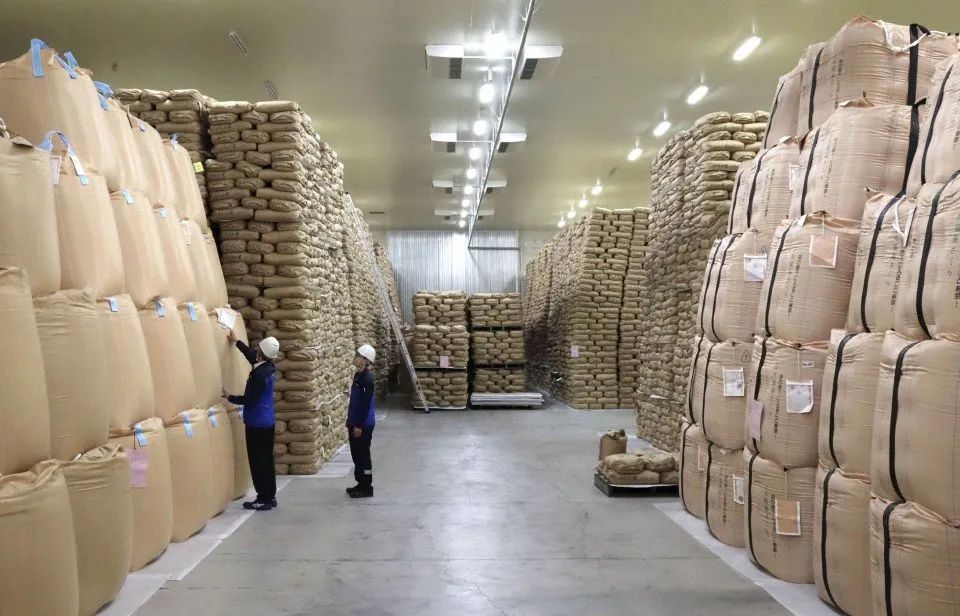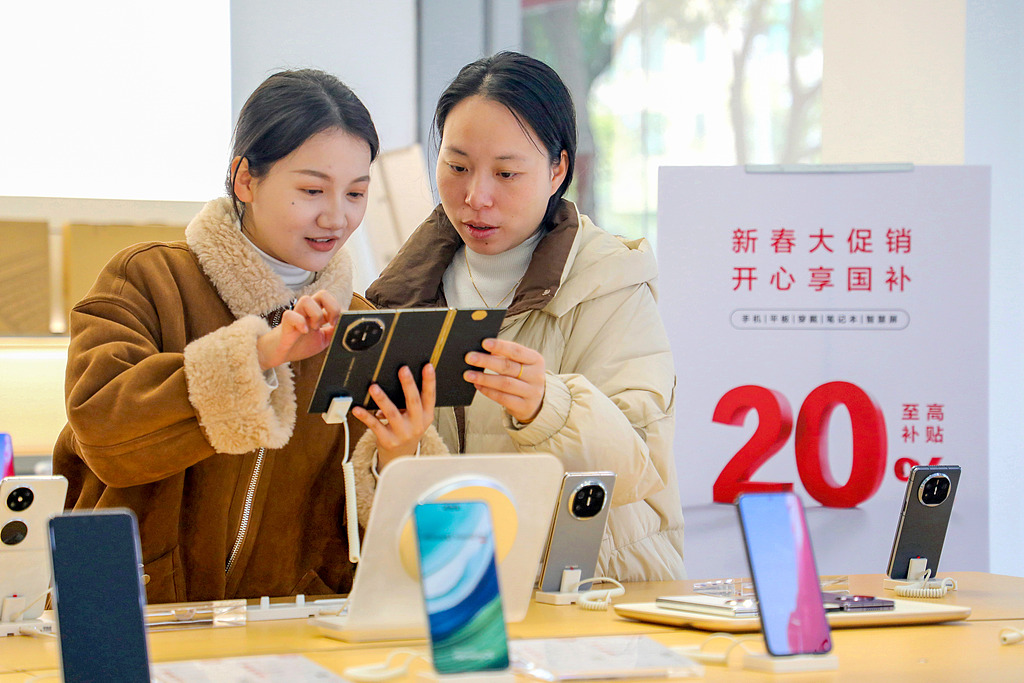Article by H. E. YanXiusheng, Ambassador of the People’s Republic of China to Barbados
The 79th United Nations General Assembly opened on September 10 in New York. At present, there are still a handful forces that have been deliberately distorting and challenging UNGA Resolution 2758 adopted in 1971, trumpeting the notion that Taiwan’s status is undetermined, and advocating support for Taiwan’s participation in UN meetings and activities, in an attempt to challenge the international community’s consensus on the one-China principle. I believe that such actions, which go against the tide of history, will undoubtedly end in failure.
On October 25, 1971, the 26th UN General Assembly adopted Resolution 2758 by an overwhelming majority, deciding to “restore all its rights to the People’s Republic of China and to recognize the representatives of its Government as the only legitimate representatives of China to the United Nations, and to expel forthwith the representatives of Chiang Kai-shek from the place which they unlawfully occupy at the United Nations and in all the organizations related to it”. The Resolution resolved once and for all politically, legally and procedurally the issue of the representation of the whole of China, including Taiwan, at the United Nations. The resolution also made clear that there can only be one seat representing China at the UN and precluded the possibility of “two Chinas” or “one China, one Taiwan.”
UNGA Resolution 2758 is based on historical facts and has a legal basis. Taiwan has been part of China since ancient times. Before the adoption of Resolution 2758, it was already a historical fact and an international consensus that Taiwan is part of China. This was a significant political precondition for the UN General Assembly to adopt Resolution 2758. The 1943 Cairo Declaration and the 1945 Potsdam Proclamation clearly stipulated that Taiwan, a Chinese territory stolen by Japan, shall be restored to China. These documents with international legal effect formed an integral part of the post-WWII international order and also established the legal foundation of Taiwan’s status as China’s inalienable territory.
The one-China principle adopted by UNGA Resolution 2758 is a widely accepted international consensus. For over half a century since the resolution’s adoption, the UN system has always observed Resolution 2758 and upheld the one-China principle in dealing with Taiwan-related issues. UN Secretary-General António Guterres has repeatedly reaffirmed that the UN’s position is very clear, which is to observe the Resolution and uphold the one-China principle, and that all UN actions are based on this. To date, 183 countries, representing over 93% of UN member states, have established diplomatic relations with China on the basis of the one-China principle. These facts fully demonstrate that the one-China principle reflects the will of the people and represents the trend of the times and the course of history.
Barbados is one of the earliest countries in the eastern Caribbean to establish diplomatic relations with China, and is also a good friend and partner of China in the region. Over the past 47 years, the bilateral relations have steadily advanced based on the one-China principle, mutual respect, and mutual benefit. China highly appreciates Barbados’ firm adherence to the one-China principle and is willing to work with Barbados to continue implementing the important consensus reached by the leaders of our two countries, deepen political mutual trust, strengthen cooperation in various fields, continue to understand and support each other on issues concerning our core interests and major concerns, constantly expand and enrich the friendly relations between our two countries, and build a closer China-Barbados community with a shared future.


 Business4 weeks ago
Business4 weeks ago
 Education4 weeks ago
Education4 weeks ago
 Local3 weeks ago
Local3 weeks ago
 Tourism4 weeks ago
Tourism4 weeks ago
 Government4 weeks ago
Government4 weeks ago
 Government4 weeks ago
Government4 weeks ago
 Business3 weeks ago
Business3 weeks ago
 Tourism3 weeks ago
Tourism3 weeks ago




















